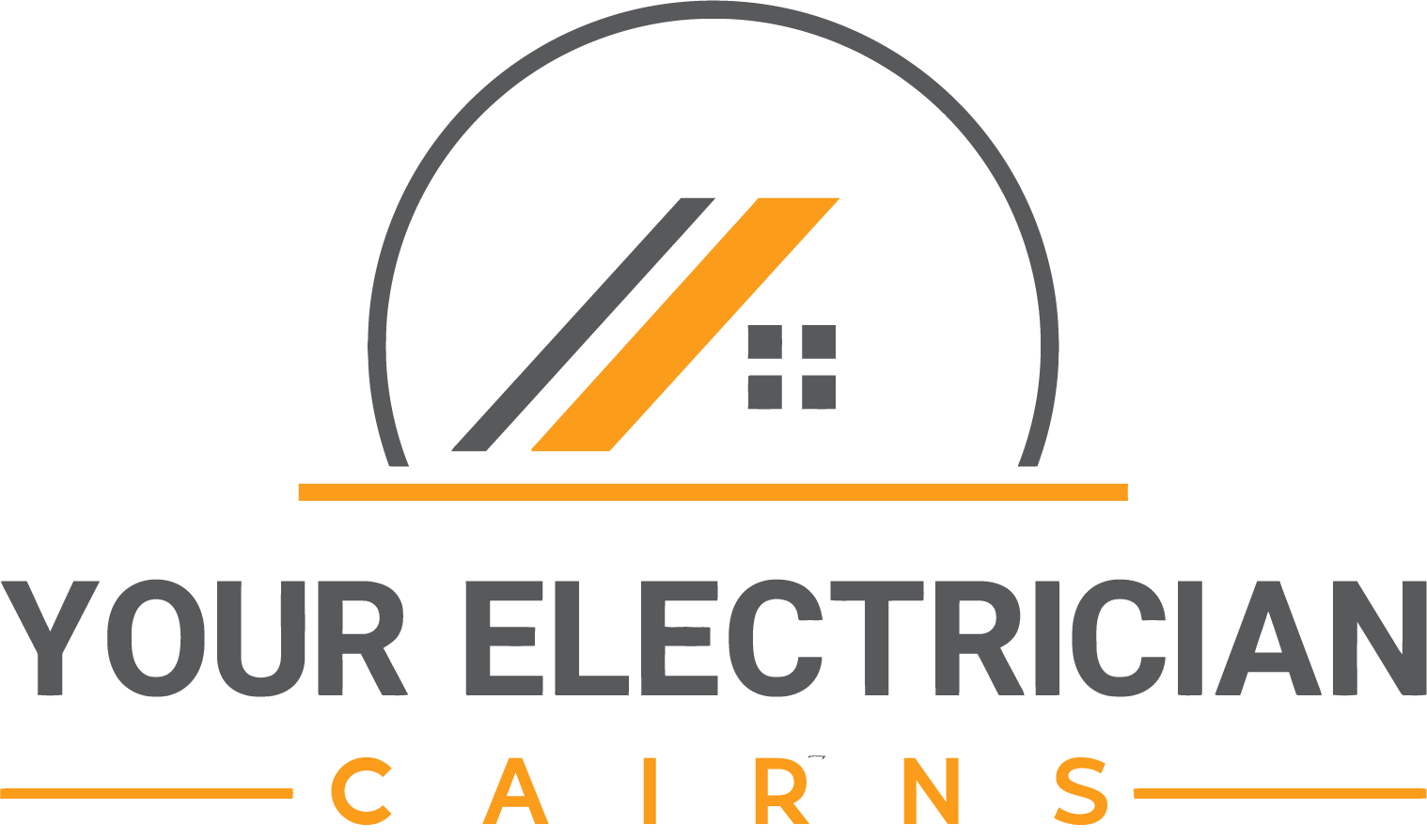Single-phase power is a type of electricity distribution where an alternating current (AC) flows through one conductor, while three-phase power uses three conductors.
Many homes and small businesses employ single-phase power, while industrial and larger commercial facilities use three-phase power. These distinctions are crucial for those looking for electrical services, as they influence the design and implementation of electrical systems.
In this blog, we’ll talk about the main benefits of single-phase and three-phase power.
3 Main Benefits of Single-Phase Power
The 3 main benefits of single-phase power are low cost, light load compatibility, and simple design. Let’s take a closer look at each one below.
Low Cost
Single-phase power systems are more affordable to set up and maintain compared to their three-phase counterparts. This cost-effectiveness stems from the simpler infrastructure involved.
The components, such as wiring and circuit breakers, are less complex and thus less expensive, making single-phase systems a budget-friendly option for residential and small business applications.
Have you ever asked the question, “Should you turn off breakers during power outage?” Read our blog to find out.
Light Load Compatibility
This type of power is well-suited for environments with lighter electrical demands. Single-phase power efficiently meets the needs of everyday appliances and tools in homes and small offices.
It’s ideal for powering devices like lights, televisions, and small motors, ensuring a reliable power supply without requiring a more robust infrastructure than three-phase systems require.

Simple Design
The design simplicity of single-phase power systems makes them easier to install and understand. They are more simple to work with, which can reduce installation and maintenance times.
3 Main Benefits of Three-Phase Power
The 3 main benefits of three-phase power are enhanced motor performance, increased efficiency, and greater load capacity.
Enhanced Motor Performance
Three-phase power significantly improves the performance of electric motors, a common requirement in industrial settings. Motors running on three-phase electricity operate much more efficiently than those using single-phase power.
Remember, all types of electrical work including three phase motor installation require a certificate for electrical work.
Increased Efficiency
Three-phase power efficiency is notably higher than single-phase power, particularly in industrial and commercial applications. This system facilitates more efficient power distribution, allowing for a balanced power load.
Greater Load Capacity
Three-phase power systems boast a significantly higher load capacity than single-phase systems. They can power large motors and heavy loads without the risk of voltage drop or instability.
How Do I Know Which Type of Power I Have?
You can determine the type of power your property uses by inspecting your electrical switchboard. The type of incoming mains should be indicated there.
Is Single-Phase or Three-Phase Power Better?
Three-phase power is better than single-phase power because it lets you power more appliances safely. You also don’t have to worry about tripping your circuit breakers when you do so.
Using a single-phase power system is more than enough for smaller residences to meet daily needs.
